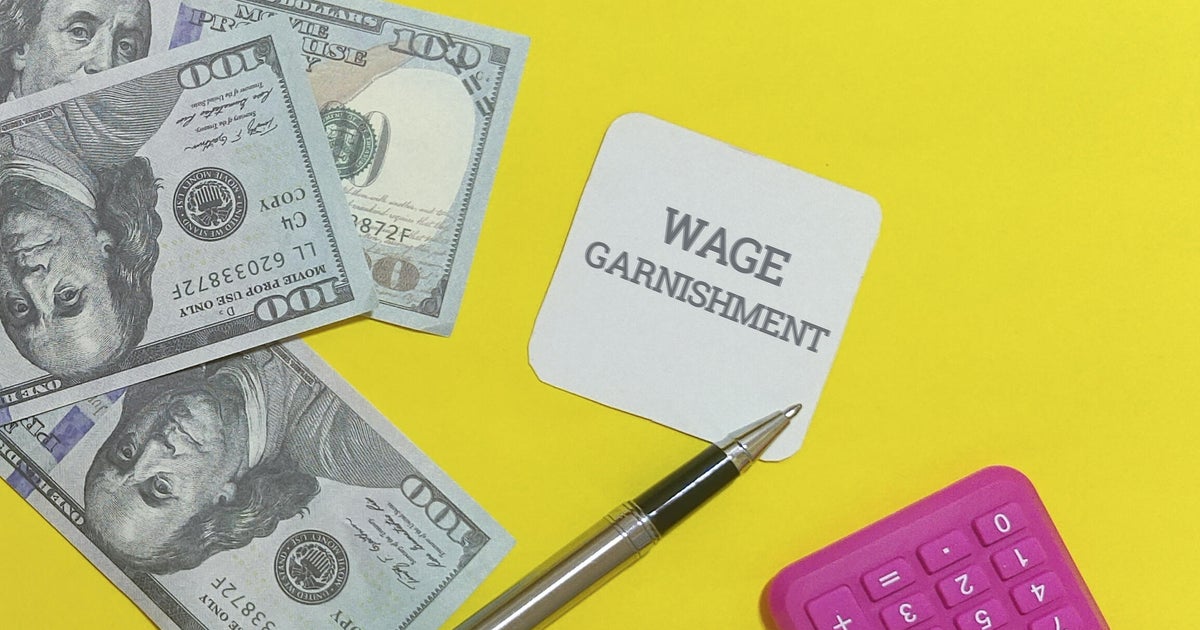Cyber Monday money moves to make now
Black Friday and Cyber Monday kick off the holiday shopping season and give you the chance to find exceptional deals. But these shopping events aren't just good starting points to get discounted electronics or toys; they also represent an excellent time to get your finances in order.
"The best time to plant a tree was 20 years ago; the second best time is today," says Zach Novak, CFP and senior lead planner at Facet. "Year-end planning is more than just last-minute tax moves. You need a plan for all facets of your life."
As you consider options to improve your financial health, some personal moves may be best made online. For example, interest rates on deposit accounts are often higher through online banks and financial institutions since they don't have the high overhead of maintaining branch offices.
Here are four personal financial moves worth considering this Cyber Monday to position your finances for a successful 2024.
Get started and find out your top savings rates online here.
Cyber Monday money moves to make now
It may benefit you to make these moves before Cyber Monday rolls around:
Open a certificate of deposit (CD) account online
A certificate of deposit (CD) is a type of deposit account in which you can earn interest by keeping your money in your account for a specific period, typically ranging from three months to five years (or more).
The annual percentage yields (APYs) on CDs are generally higher than what you might earn with a regular savings account. According to October data from the Federal Deposit Insurance Corporation (FDIC), a 12-month CD pays an average yield of 5.46%, while a traditional savings account earns an average of 0.46%.
That's a sizable enough difference to consider transferring extra funds beyond your emergency savings from a regular savings account to a CD. You may even consider implementing a CD ladder strategy to earn strong interest rates and access your money periodically without early withdrawal fees.
Learn more about the top CD rates you could qualify for here.
Open a high-yield savings account online
If you'd rather not lock your money in a CD account, you could open a high-yield savings account (HYSA). This interest-earning account allows you to access your money at any time without penalty.
While high-yield savings accounts are available at both brick-and-mortar and online banks, the online banks and credit unions will generally provide significantly higher rates than regular savings accounts offered at traditional banks. Rates vary by lender, but the high-yield savings account rates offered online range from roughly 4.30% to 5.10% on a $1,000 deposit as of November 2023.
Note, though, that while online banks tend to offer higher yields than their traditional counterparts, you won't have a physical branch to make deposits or withdrawals. Instead, you'll do your banking through your account dashboard or smartphone app. You can, in some cases, use a debit card for transactions, and you'll usually make deposits through an electronic transfer from your checking account.
Pay down high-interest credit card debt
While rising interest rates are a boon for deposit accounts, they're a bane for credit cards. Americans are now paying higher credit card interest rates — 22.77% on average — with many cards charging upward of 30%.
That means any gains you receive from deposit accounts or other investments could be offset or negated altogether if you pay high interest rates on your credit cards. Paying down your debt could help you minimize interest charges and establish firm financial footing.
"With rates up so drastically over a one-year period, consumers would be making a huge mistake if they ignored any variable rate debt like home equity loans or credit cards," says Chris Kampitsis, a CRP and financial advisor at Barnum Financial Group. "Do not let this type of debt build up if at all possible, and do not ignore any introductory rate offers that might allow you to temporarily refinance these types of debt instruments into a temporarily locked-in lower rate."
Debt consolidation loans and balance transfer credit cards can be valuable tools to pay off debt credit card debt. Generally, consolidation loans are a type of personal loan with fixed interest rates that streamline your cards into one account, with one payment at a lower interest rate. Balance transfer credit cards often come with a 0% introductory period lasting for a specific period (generally up to 21 months), which could be enough time to pay off or substantially reduce your debt.
Another option for wiping out your credit card debt is to follow a debt repayment strategy. For example, the debt avalanche approach prioritizes clearing debts with the highest interest rates first to save on interest charges. By contrast, the debt snowball method prioritizes paying off the smallest debts first to create small wins and gain momentum.
Build an emergency fund
If you don't already have an emergency fund, Cyber Monday could be an ideal time to create one and set a goal for funding it sufficiently. Experts often recommend building an emergency fund with three to six months' worth of living expenses to weather a future financial crisis or unplanned expense.
If you suddenly lose your job, incur a large medical expense or face another unexpected emergency, having enough funds to cover these costs can help you manage the situation without relying on loans or credit cards.
A top high-yield savings account can be a great option to help you grow your emergency fund faster with greater yields. It may be wise to open a separate account specifically dedicated to your emergency fund and avoid withdrawing money to fund a vacation, gifts or other non-essential spending.
The bottom line
Cyber Monday provides an excellent opportunity to save big on purchases, but you can also use the occasion to make smart money moves online, like opening a certificate of deposit or high-yield savings account. Additionally, you can use the date as a yearly reminder to review your finances and set goals for the upcoming year, such as eliminating debt and preparing for potential financial challenges.




